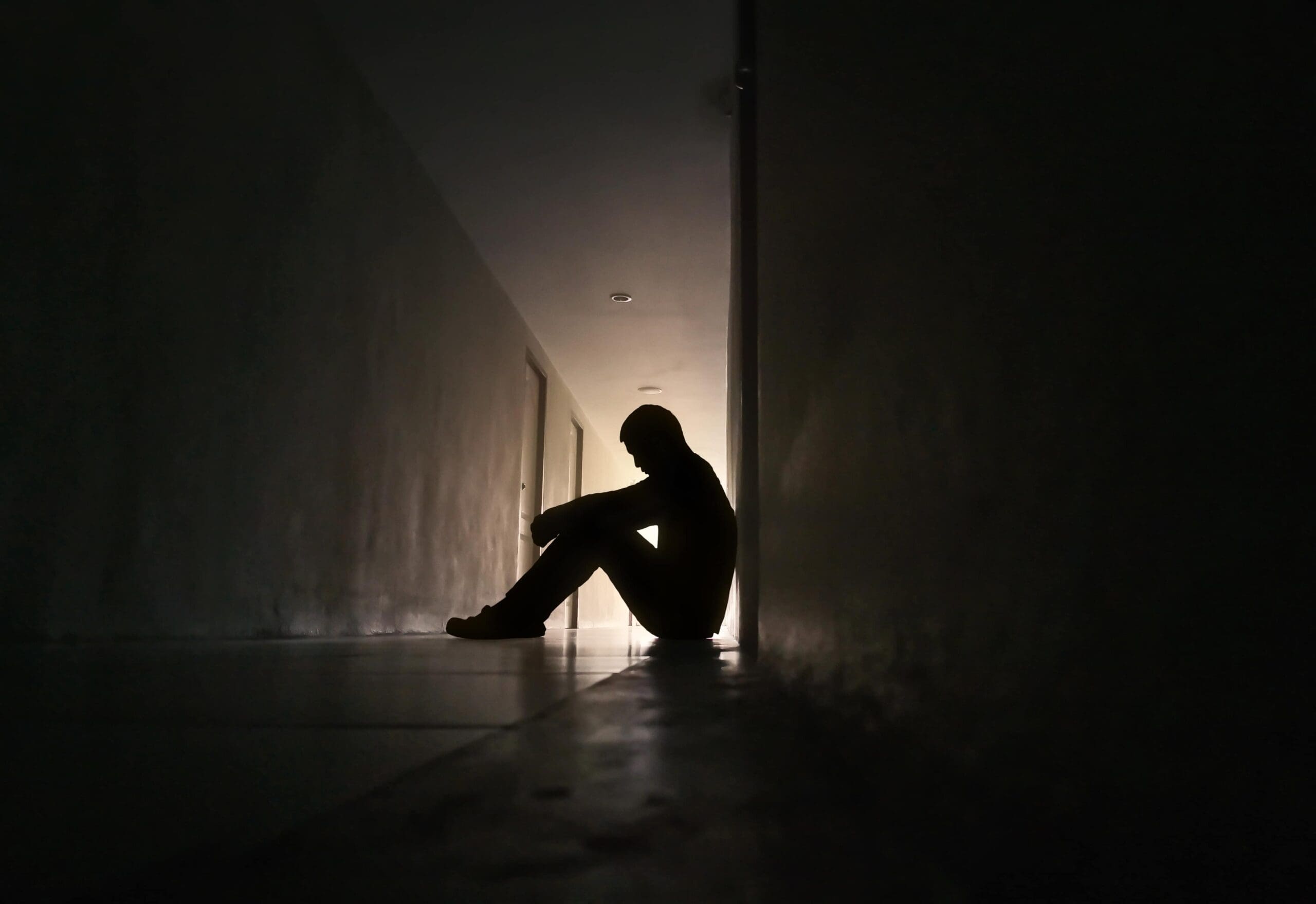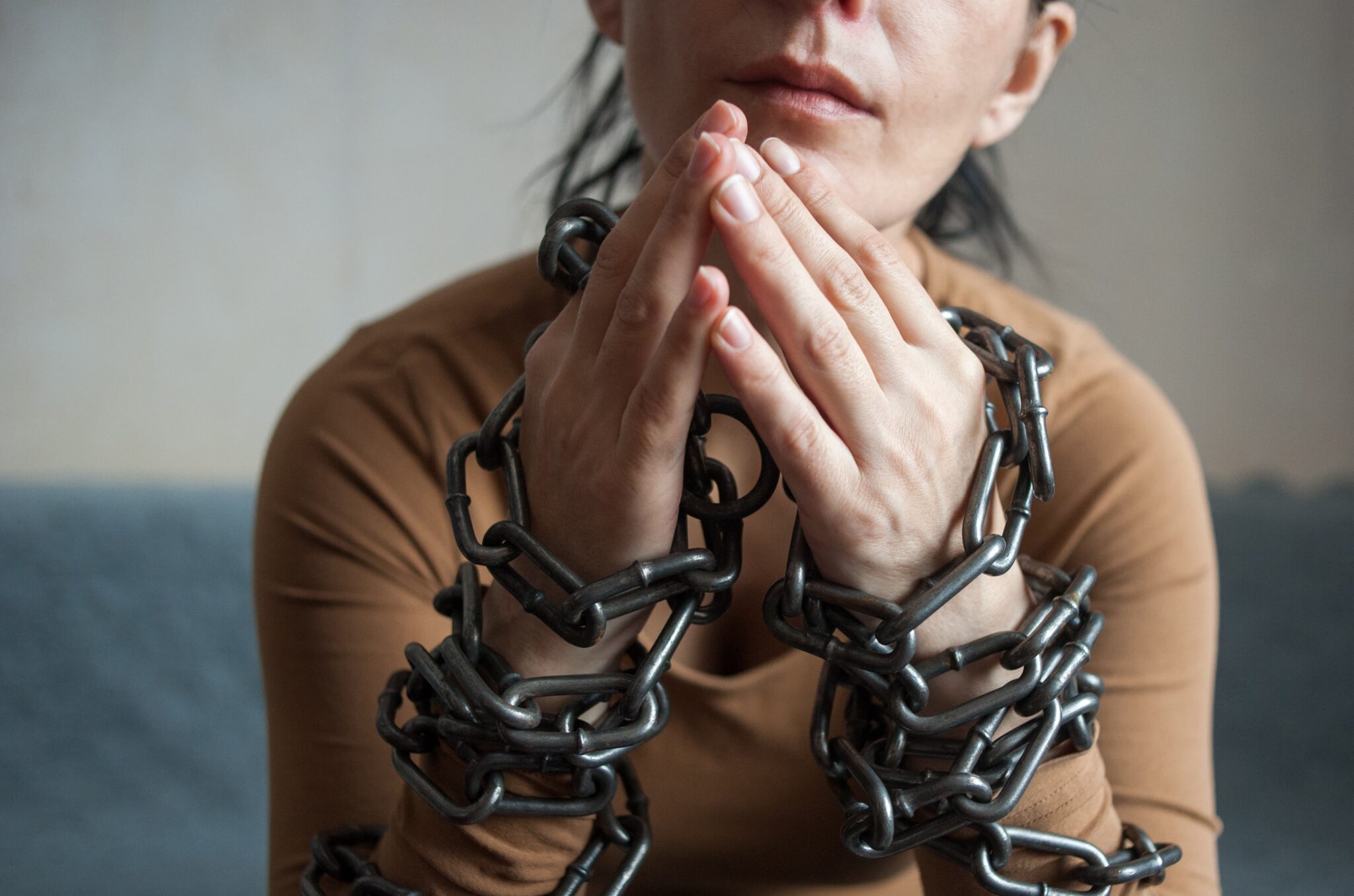Barriers to Addiction Treatment
Why getting help isn’t always easy—and how to move forward
Deciding to seek addiction treatment is a courageous step—but for many, it’s not as simple as making a phone call. There are numerous barriers to addiction treatment that prevent people from getting the help they need. At Comfort Recovery Center, we’re committed to addressing and dismantling these obstacles with empathy, education, and accessible care.
1. Stigma and Shame

The emotional weight that keeps people silent
One of the most powerful barriers is the fear of judgment. Many individuals hesitate to seek help because of the stigma surrounding addiction. They may feel ashamed, embarrassed, or worry about how friends, family, or employers will react.
Our approach:
Comfort Recovery Center fosters a shame-free, confidential environment where clients are treated with dignity and respect—because recovery should never be something to hide.
2. Financial Concerns

When affordability becomes a roadblock
Treatment can be perceived as expensive, especially for those without insurance or with limited resources. But not getting help often leads to higher long-term costs, from lost employment to medical bills or legal issues.
Our approach:
We provide insurance verification, payment plans, and work to find the best care within your financial means.
3. Lack of Access to Services

Geography and availability still matter
Not everyone lives near a high-quality treatment facility, and waitlists can delay care. Limited transportation or time off work may also make consistent treatment challenging.
Our approach:
Comfort Recovery Center offers flexible scheduling, outpatient options, and assistance with local resources to make care more accessible.
4. Co-Occurring Disorders

When mental health complicates the path to recovery
Many people struggling with addiction also battle depression, anxiety, PTSD, or other mental health issues. Without integrated care, these individuals often fall through the cracks.
Our approach:
We specialize in dual diagnosis treatment, addressing both addiction and mental health to support long-term healing.
5. Fear of Withdrawal
Physical discomfort and fear of relapse
The fear of painful withdrawal symptoms can deter people from even attempting sobriety. Without proper medical support, withdrawal can feel overwhelming—or even dangerous.
Our approach:
We offer safe, medically supervised detox to ease symptoms and monitor well-being 24/7, ensuring a safe start to recovery.
6. Lack of Awareness
Not knowing what help looks like
Many people simply don’t know that treatment is available, or what options exist. Misconceptions about what rehab involves may cause people to avoid it entirely.
Our approach:
We prioritize education and outreach, helping individuals and families understand what compassionate, evidence-based treatment looks like.
Breaking Through the Barriers
Your healing matters—and help is within reach
Every barrier to addiction treatment is real—but every barrier can also be overcome with the right support system. At Comfort Recovery Center, we are dedicated to helping people take the next step with dignity, hope, and expert care.
Ready to Take the First Step?
We’re here to help you navigate the path forward
Whether you’ve faced stigma, financial limitations, or uncertainty about your options, know this: you are not alone. At Comfort Recovery Center, we offer the tools, compassion, and personalized care needed to break through the obstacles and begin your recovery journey.








